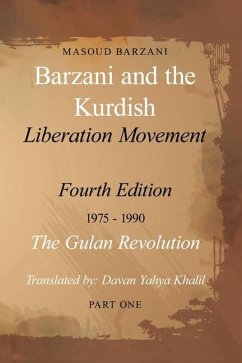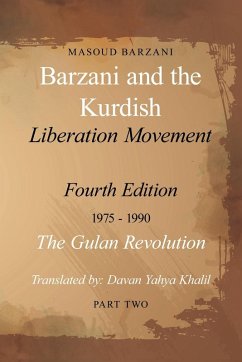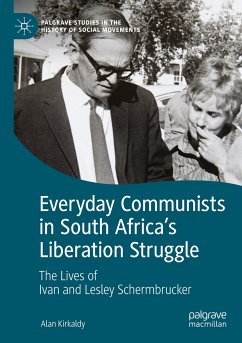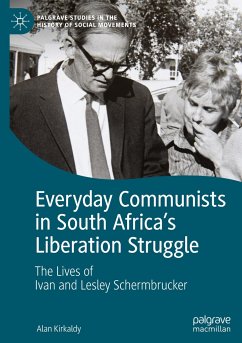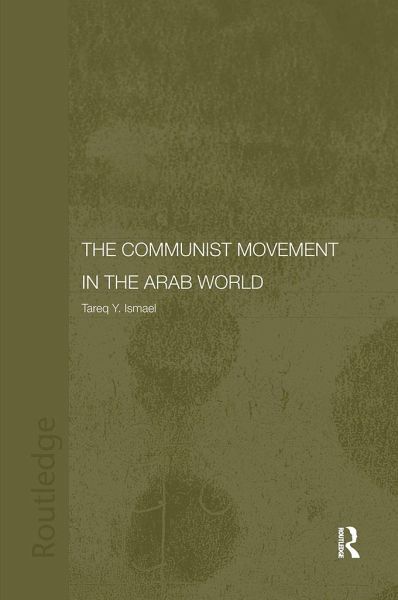
The Communist Movement in the Arab World
Versandkostenfrei!
Versandfertig in 1-2 Wochen
168,99 €
inkl. MwSt.
Weitere Ausgaben:

PAYBACK Punkte
84 °P sammeln!
This book examines the communist movement in the Arab world from the time of the Russian revolution until after the collapse of the Soviet Union. It traces the interaction of the world communist movement, under the aegis of the Communist International (Komintern) in Moscow, which was characterised by an uncritical acceptance of Marxism-Leninism, and local communists, who moved from initial dependence on Moscow to a position more adapted to local circumstances and sensitivities, which could be characterised as a distinctive 'Arab communism'. It goes on to trace the impact of 'Arab communism' on...
This book examines the communist movement in the Arab world from the time of the Russian revolution until after the collapse of the Soviet Union. It traces the interaction of the world communist movement, under the aegis of the Communist International (Komintern) in Moscow, which was characterised by an uncritical acceptance of Marxism-Leninism, and local communists, who moved from initial dependence on Moscow to a position more adapted to local circumstances and sensitivities, which could be characterised as a distinctive 'Arab communism'. It goes on to trace the impact of 'Arab communism' on a range of issues in the region, including national liberation and social and economic transformation, arguing that the role of Arab communist parties was highly significant, and disproportionate to the relatively small numbers of communists in the countries concerned.




